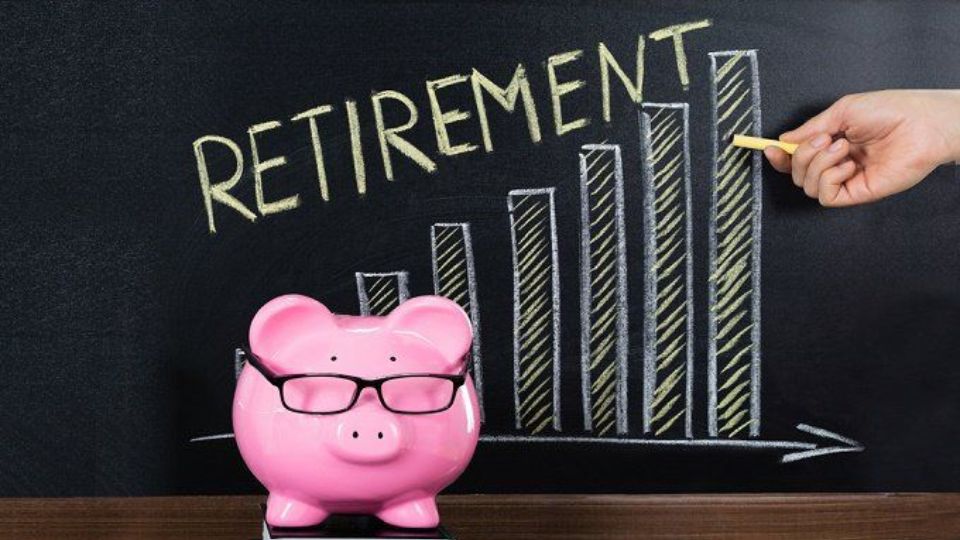During your retirement, you might believe that you don’t have to be concerned about taxes anymore since you’re not working a regular job. However, that is not true. If you don’t consider your taxes and plan for them carefully, you might end up paying more than necessary when you should be saving your money.
Derek Mazzarella, a certified financial planner (CFP) and retirement advisor with Gateway Financial Partners, and the author of the book “Just Retire Already,” discusses four ways you could be overpaying taxes during retirement.
Not Optimizing the Location of Your Investments
According to Mazzarella, one area where retirees often pay too much in taxes is the way they invest their money. Many retirees earn interest from bonds and keep that money in an investment account. However, they have to pay taxes on that income at their regular income tax rate.
“If you had those funds in a retirement account, you would be postponing taxes on them.” There is a chance to delay paying taxes and reduce the amount of money that is taxed on your account by putting the correct assets in the appropriate accounts. According to him, the goal is to have a greater number of individual stocks and ETFs in your investment accounts, and more assets that earn interest in your retirement accounts.
Not Holding a Mix of Tax-Advantaged Accounts
According to him, another reason why people end up paying too much in taxes during retirement is because they don’t save in a combination of all three types of accounts that offer tax advantages.
“You have the ability to use various tax strategies as needed.” It is important to have a mix of a Roth IRA, a traditional IRA, and an investment account because having all three allows you to easily adjust your tax bracket.
For instance, he explained that if you need more money in a year, you can withdraw more from the Roth IRA and pay less in taxes.
Also Read: Here We Exploring Citizens Bank CD Rates for June 2024
Not Factoring In Depreciation on Property and Other Discounts
One more way you might end up paying too much in taxes is if you forget to subtract the decrease in value of your home or investment properties from your tax return.
One thing to keep in mind, however, is that if a spouse passes away, it is recommended to have an assessment done on the house, according to his advice. “Then the client can secure a slightly higher value for the house.”
Finally, he mentioned that some cities and counties provide discounts such as lower property expenses for residents who are either above a certain age or below a certain income level. Therefore, it is important to do some research and apply for these opportunities.
Not Considering the Tax Implications of Your Medicare Premiums
Another area that may not appear to be related to taxes, but is considered to be by him, is your Medicare premiums. “I consider your Medicare premiums to be a tax as well, since they are determined by your earned income,” he explained.
If you have money in a Roth IRA, loans from real estate, or life insurance, they will not be included when calculating your Medicare premiums. If you have these three types of tax buckets, you can adjust your tax bracket to keep it below the lowest bracket and lower your Medicare premiums.


Leave a Reply